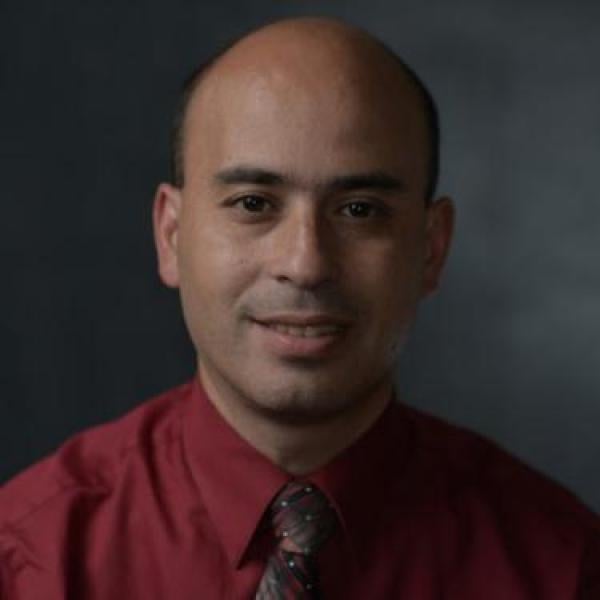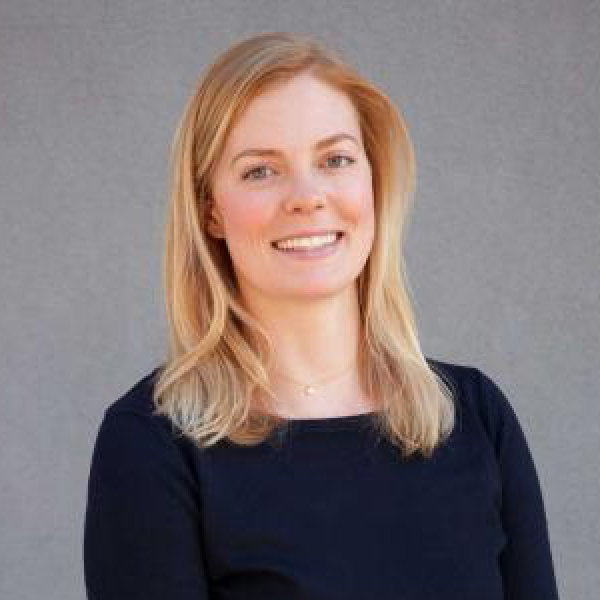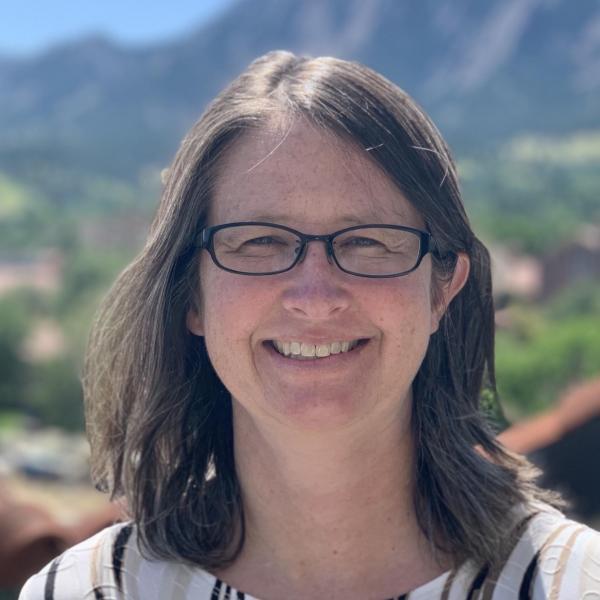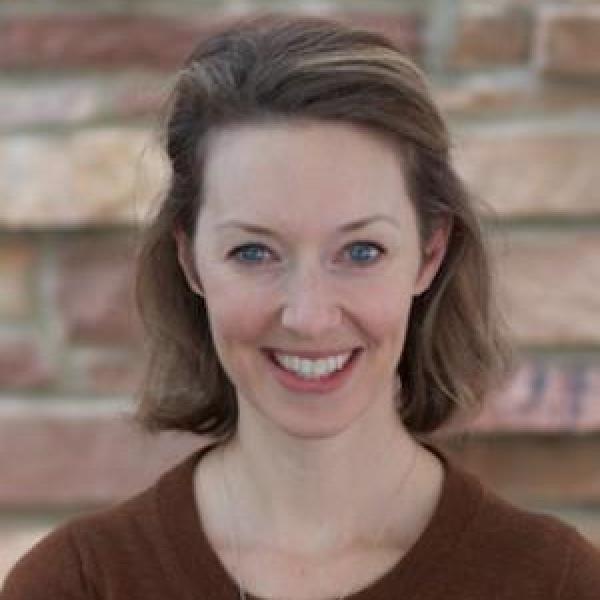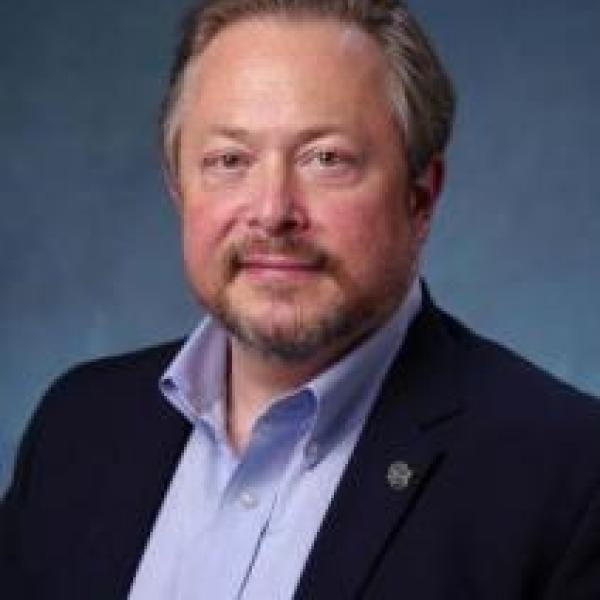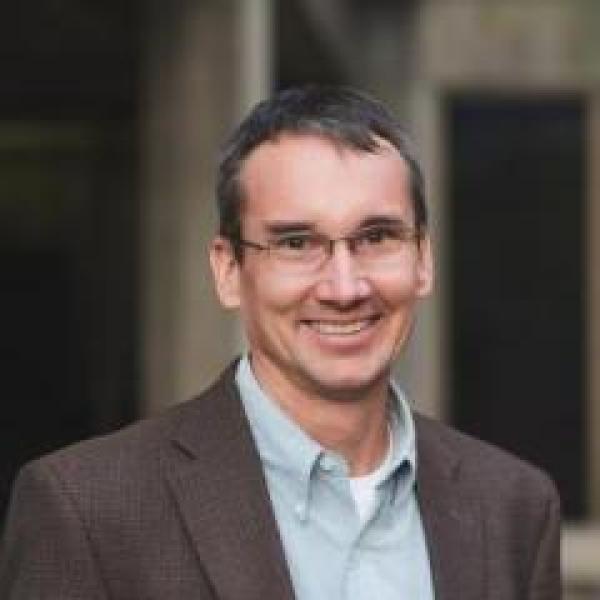Online Pedagogy Winter Symposium
New Year, New Plan: Supercharge Your Spring Teaching
Wednesday, Jan. 6, 2021 | 10-11:45 a.m.
The College of Engineering and Applied Science's Remote and Online Lecture Best Practices Training Working Group invites you to a winter symposium devoted to thinking through the lessons of fall 2020.
Agenda
Welcome from Keith Molenaar (5 minutes)
Setting out the problems; a report on the surveys, William Kuskin (10 Minutes)
Engaged learning, Jem Corcoran (10 minutes)
Project-based learning in lower division classes, Rhonda Hoenigman (10 minutes)
Introduction of the breakout leaders (20 minutes)
- Murray Cox, Applied Mathematics
- Arielle Hein, ATLAS
- Roselinde Kaiser, Psychology and Neuroscience
- Chris Koehler, Colorado Space Consortium
Breakout session I (20 minutes)
- Room 1: Engaged Learning (Leaders: Murray & Jem)
- Room 2: Project Based (Leaders: Arielle & Rhonda)
- Room 3: Resilience (Leaders: Roselinde & Alfonso)
- Room 4: General Discussion (Leaders: Chris & William)
Breakout session II (20 minutes)
- Room 1: Engaged Learning (Leaders: Murray & Jem)
- Room 2: Project Based (Leaders: Arielle & Rhonda)
- Room 3: Resilience (Leaders: Roselinde & Alfonso)
- Room 4: General Discussion (Leaders: Chris & William)
Conclusion (10 minutes)
Need more resources? Visit the Going the Distance webpage for additional seminars.
Moderators
Visiting Professor, Construction Engineering and Management, Civil, Environmental and Architectural Engineering
Bastias previously was the director of two civil engineering schools in Chile, Universidad del Desarrollo and Universidad Diego Portales. He led the creation of new curriculum and accreditation processes, with a strong component of innovation and entrepreneurship and active learning methodology. He created a Decision Support System based on Cross-Impact Analysis and Montecarlo simulation (Patent Pending - 2020) that has been used in the academic and commercial environment for the last 20 years.
Associate Professor, Applied Mathematics
Corcoran's research is focused on fast accurate Markov chain Monte Carlo (MCMC) algorithms with applications to problems in high-dimensional Bayesian network inference, target tracking, statistical mechanics, high-energy physics, and rarefied gas dynamics. Most recently, she has been involved in real time detection of rapid changes in synchronous flocking behavior and the development of perfect simulation algorithms for finding equilibriums in chemical kinetic networks.
Senior Instructor, Computer Science
Cox's research is focused on different teaching and assessment methods and how they interact. His focus is on college level remediation and the variables that exacerbate the teaching/learning experience for post-high school students.
Instructor, ATLAS Institute
Hein is a designer and technologist whose work explores the imaginative use of emerging technologies with a focus on user research, interfaces and experience design. Drawing on an interdisciplinary background and a research-based creative practice, she is curious about the human side of technology and how to build products and spaces that honor and enrich the social and physical experience. As an educator, Hein is passionate about fostering out-of-the-box thinking and empowering students to be active creators of technology through the exploration of interactive systems and the use of digital tools.
Senior Instructor, Computer Science
Associate Dean for Undergraduate Education, CEAS
Dr. Hoeningham's research focuses on modeling underlying dynamics of relevant social issues such as hunger and food waste. She also coordinates with local relief agencies to affect change in her community by involving the community in her research, and using the research findings to inform community practices. She authored the book “Visualizing Data Structures” to fill the gaps found in typical textbooks and published it as an e-book to make it affordable.
Assistant Professor, Psychology and Neuroscience
Kaiser is a clinical psychologist who uses integrated behavioral, developmental, and neuroscientific methods to understand Major Depression and related affective disorders. She is working to understand neurocognitive dysfunction in depression, including abnormalities in the structure, molecular signaling, and coordinated activity of brain networks involved in emotion regulation. She is testing how neurocognitive functioning may be enhanced to foster affective health.
Director, Colorado Space Grant Consortium
Director of the NASA’s Colorado Space Grant Consortium, Mr. Koehler is one of three developers of the Space Minor, the second most popular minor at CU Boulder. A CU alumnus who studied aerospace and mechanical engineering before working at Lockheed Martin in Denver, Mr. Koehler taught “Gateway to Space” for 19 years, a hands-on aerospace class for first-year students where they design, build, test, and fly a satellite to the edge of space.
Joint appointment in English in the College of Arts and Sciences and the Herbst Program in Engineering, Ethics & Society, CEAS
Faculty Director for Online Innovation, CEAS
Dr. Kuskin’s research and teaching span medieval literature and comic books. As vice provost for academic innovation, Dr. Kuskin created the Office of Academic Innovation and the Office of Global Engagement. In 2013, he launched the MOOC, “Comic Books and Graphic Novels,” which ultimately served over 70,000 students and received special mention by Coursera for its innovative delivery of humanities material.
K. Stanton Lewis Professor of Construction Engineering and Management, CEAE
Interim Dean, College of Engineering and Applied Science
Dr. Molenaar’s teaching and research focuses on risk analysis, alternative project delivery and cost estimating for infrastructure projects. He is the primary author of more than 150 technical reports and articles and been recognized by Public Works Magazine as a top 50 “Trendsetter” for his work in alternative contracting in the public sector.


